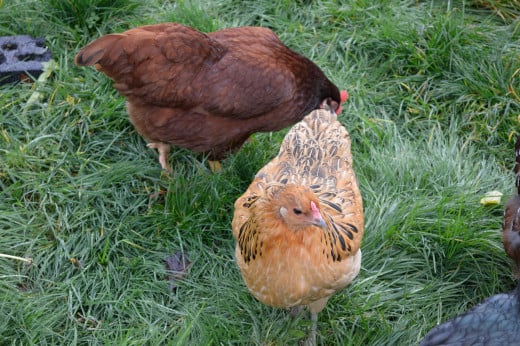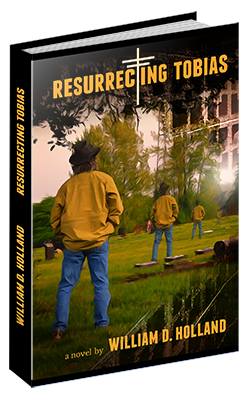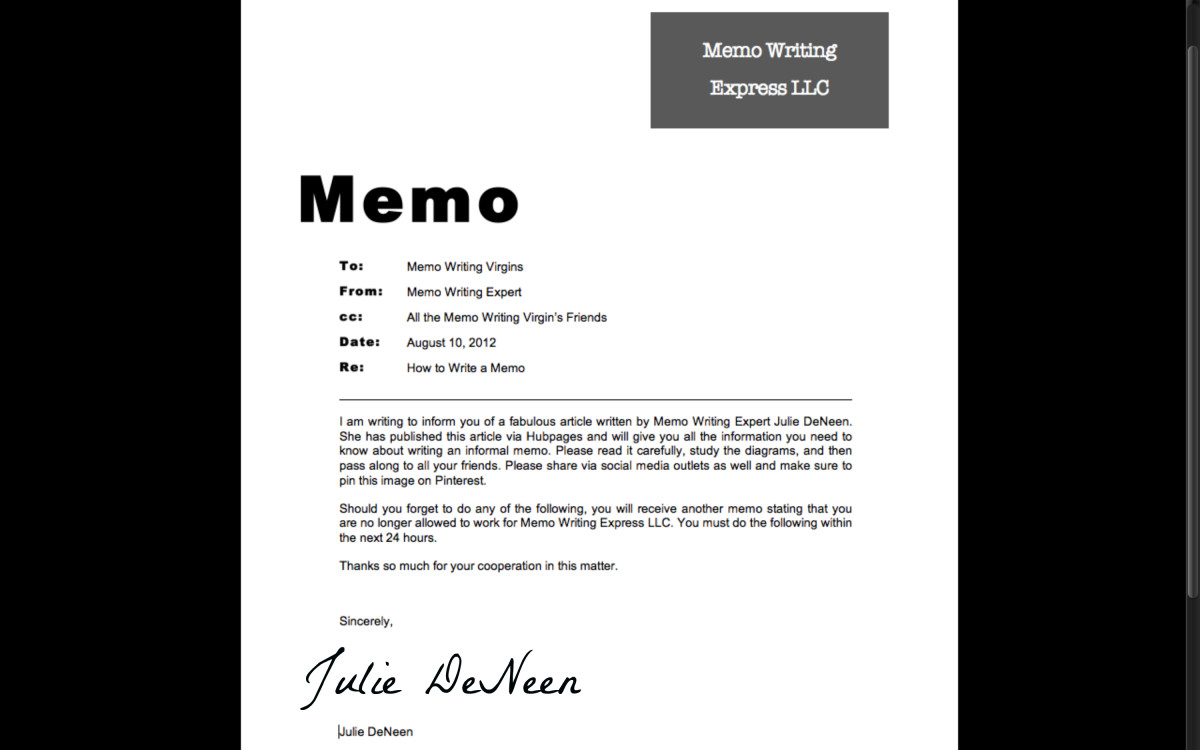The Writer's Mailbag: Installment Thirty-Three
Here We Go Again
Instead of the questions slowing down in number they are actually increasing, and that means this series continues to live far beyond my expectations. Good news for us all!
You know how this works by now, but I’ll repeat it for the newcomers. You ask questions about writing in the comment section below, and I’ll answer them the following Monday in the new installment of the Mailbag. It just couldn’t be any easier, could it?
Let’s get started with a question about SEO and keywords.

Seo Articles
From MizB: “It's the SEO friendly articles that confuse me. What are some of the subjects of interest that people read?”
Well MizB, you’ve come to the right place.
The Top Five SEO Google search topics are as follows:
- Technology (iPhones, Androids, iPads, etc.
- World Events
- Celebrities (no shocker here)
- Sports and National Events (again, no shocker about sports)
- Regional news results
Now, those are rather broad brush strokes. Getting down to the basics, you are safe writing about how to make money, how to save money, newest trends, how to articles, crafts, how to repair items….these topics never go out of style and are always near the top of the search engine search lists.
Or you can be like me and not give a damn about it all.

Number of Protagonists
From Jo: “Okay, my question for you is...when you formulate your characters in any given story. Could a person have up to three protagonists?
The reason I ask, is if the three characters are part of a "gang" in a story.
And I wish to build on each of the character separately, yet convey that all three are equally disturbing when together. Would this make sense? And I don't want to mess with the flow.”
Great question, Jo, and it makes perfect sense. I have read a number of excellent novels that had more than one protagonist, so I know it can be done by a gifted writer. Be forewarned, though, that the more protagonists you have the harder your job will be as a writer. Building character profiles for three bad guys is three times harder than for one (how’s that for logical?), and teaming them together into a disturbing entity, while at the same time giving them individuality, is not an easy task….but it can be, and has been, done in the past, so I know you can do it.

Animal Stories
From PS: “How can I write a story about animals that will have an appeal to a wide audience? It is quite factual actually. Would having the ‘animals’ speak make it unappealing to our age group do you think?”
PS, if it was good enough for George Orwell when he wrote “Animal Farm,” then it’s good enough for you.
Do I think having animals speak will make it unappealing to our age group? Not at all! A while back I wrote several short stories called “The Chicken Chronicles,” and in those stories my chickens talked. Those stories were loved by quite a few of my followers, so I know there are many out there who could care less if the animals are doing the talking.
The bottom line is this: if it is good writing, people will respond favorably. Quite frankly, I would much rather listen to my chickens talk than some people I know. Just sayin’
Flash Fiction
From Maria: “What are the requirements for flash fiction? I’m a little confused about the length.”
Well you aren’t the only one who is confused, Maria. Seriously, it seems to depend on the site you are writing for, or the contest you are entering. I’ve seen flash fiction requirements of no more than 350 words. I’ve seen other requirements of no more than one-thousand.
Flash fiction began to gain popularity in the 1990s, and it has really picked up steam in the past few years….but seriously, there was a thing called “Aesop’s Fables” written a few years before that, and to my way of thinking, that was flash fiction.
Whatever you choose to call it, and whatever the word requirements are, it is not as easy to do as it may sound. Writing a complete story in so few words is very difficult. Let me alter that last statement a bit: writing a good, complete story in so few words is very difficult.

Length of a Novel
From Patrick: “How long should a novel be? Are there certain requirements?”
This is a tough question to answer. Generally speaking, and please pay close attention to the word “generally,” a novel is considered a work of fiction between 60,000-100,000 words. Less than that and you have a novella; more than that and you have an epic.
The industry average seems to be around 75,000. Most publishers and agents won’t touch something longer than 120,000 words unless it is written by an established and best-selling author. I suspect this has more to do with printing costs than it does quality of work.
So the real answer is there is no answer. I always hesitate to answer this question when I hear it, because I shudder to think that writers would alter their story to meet some word requirement. Tell your story. Tell it as well as you possibly can. If it’s a great story, and the stars are perfectly aligned, then you’ll find an agent or publisher to take it on.
Breaking the Rules
From Audra: “How does a writer know when to break grammatical rules?”
This is a really great question and I’m not sure I can give you a really great answer. There are no rules about breaking rules when writing. There are no guidelines. A writer knows when to break a rule because it feels right to the flow of the story.
I was reading a novel by Lawrence Block the other day, and the novel was progressing in a normal manner, and the writer’s voice and style hadn’t changed at all, when suddenly, halfway through Chapter Nineteen, Block had his character start telling the story in free-flow, rambling verse. It was almost shocking to read it, but in the context of the story, and at that specific moment, it was the right thing to do. This rambling, punctuation-free paragraph perfectly reflected the frustration that the main character was feeling at the time. It was like someone bringing a machine gun to a paint-ball competition, but it worked.

Walking Away
From Janet: “Have you ever hit a mental roadblock and you just couldn’t write another word? What do you do when that happens?”
The timing for this question is perfect because, for the first time in my writing career, it happened to me last week.
I suspect it happened because of a number of factors. Over the past three years I’ve written 940 articles for HubPages and three novels. I sensed I was growing weary. The creativity was still there but I was just brain-tired. The weather sucked and I had no desire to continue. What did I do?
I gave myself permission to walk away from it all and take a much-needed rest. I took care of my customers because, after all, I need the money, but the creative writing was put on hold for three days. I didn’t even try to write an article. I did no editing on my latest novel. I just rested my brain and lo and behold, it worked. By Friday I was feeling fine again, and as this new week begins I am rested, fresh and eager to take on new projects.
Give yourself permission to rest when it is needed.
Join me on my writing blog
- William Holland | Helping Writers to Spread Their Wings and Fly
It's all about writing, so if you are a writer or a writer-wannabe, stop by for a visit
More Next Week, Good Lord Willin and the Creek Don’t Rise
Around here, there is a very real possibility of that creek rising with all the rain we’ve been getting, but I’m pretty sure I’ll be able to soldier through it and do another Mailbag, so I’ll see you all next week. Thanks for the great questions, and I look forward to more of them during the week.
Have a great week of writing!
2015 William D. Holland (aka billybuc)
“Helping writers to spread their wings and fly.”











